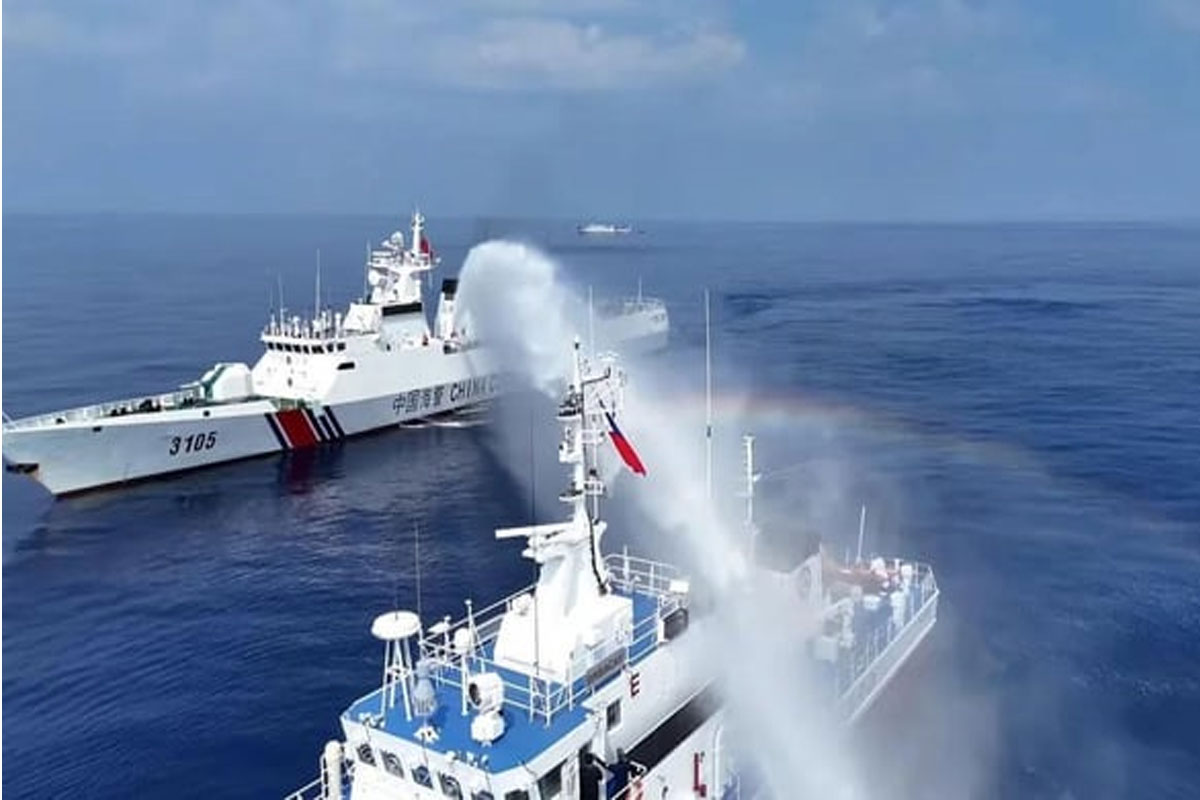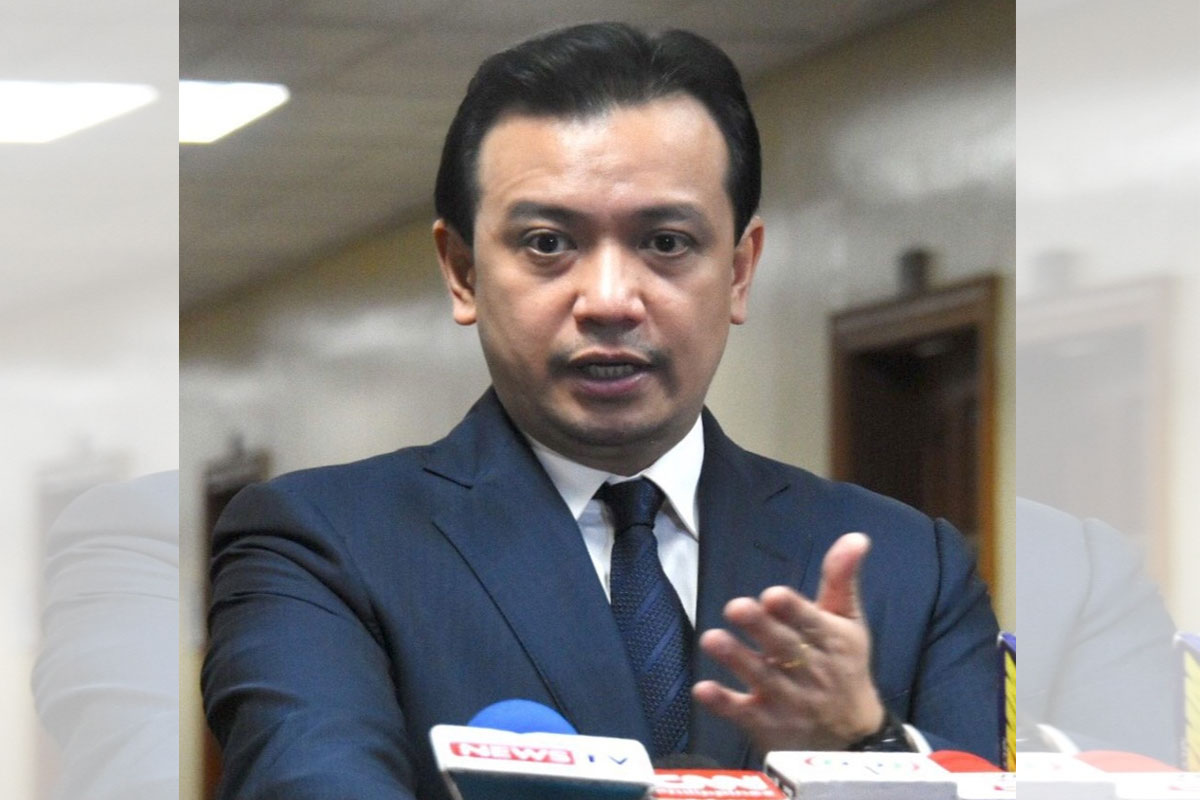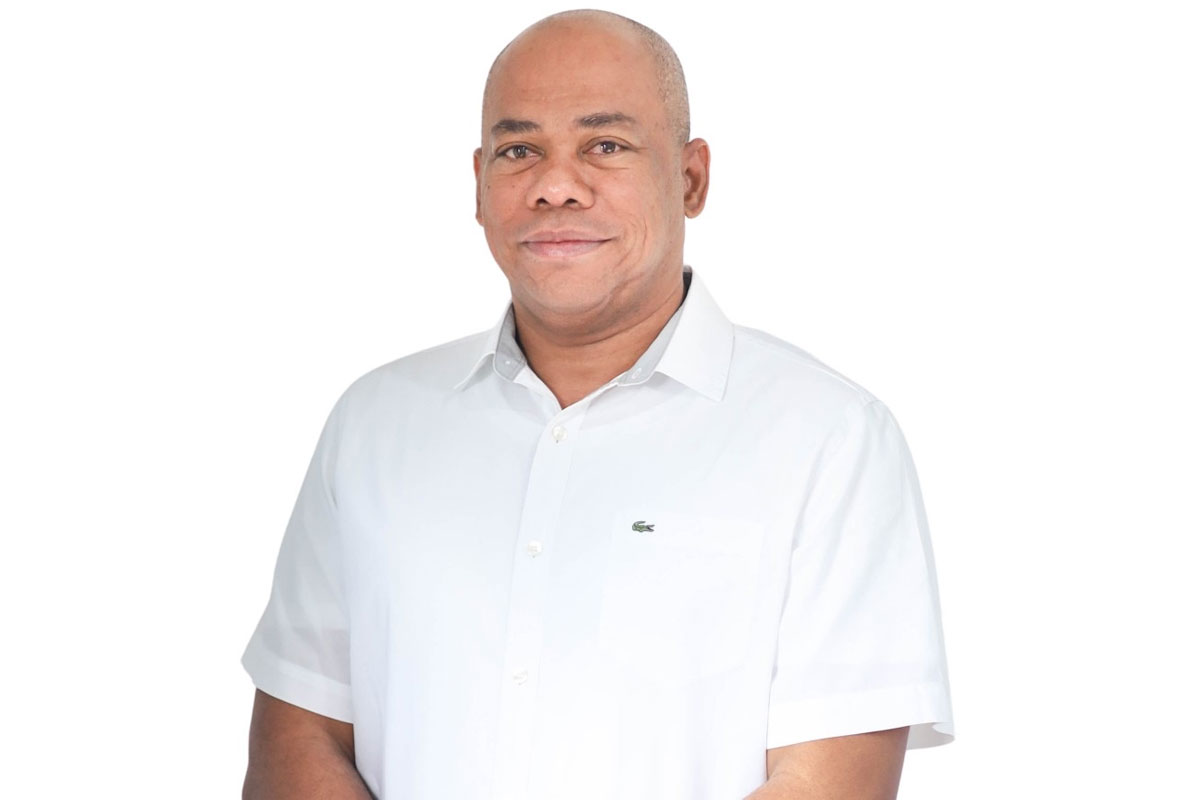
Menacing RFID: Olivares should follow Gatchalian
PARANAQUE Mayor Edwin Olivarez should do something about the mess brought by the defective remote frequency identification or RFID system in the Cavite Expressway.
Business tycoon Manny Pangilinan, who heads the Metro Pacific Investments Corporation or MPIC which is the mother company of Cavite Infrastructure Corporation that operates Cavitex, has failed to deal with the problem.
The glitch-riddled RFID installed is still causing monstrous traffic at the tollgates of the highway which is within the city governed by Olivares.
In Valenzuela, Mayor Rex Gatchalian revoked the business permit of the North Luzon Express Corp or NLEX Corp. for its poor RFID, prompting the latter to improve its service.
Olivares should follow Gatchalian.
**
Our environment would be a lot better if we use vehicles that run on electricity instead of gas.
But e-vehicles are having a hard time penetrating the Philippines due to low demand.
To fix this, import duties should be lowered and charging infrastructures should be improved.
Such measures will drive demand for e-vehicles in the country, an industry player said.
Nissan Philippines president and managing director Atsushi Najima said a reduction of five to ten percentage points to the current 30 percent import duty would help in the price reduction of e-vehicles.
“It’s a great help for us because this difference can reduce the price,” he said.
The company just introduced a battery-powered hatchback vehicle and started receiving orders.
He said a fully charged imported Nissan Leaf can drive up to 311 kilometers, higher than the average of 50 kilometers driving within Metro Manila.
Najima said establishing more charging stations for e-vehicles across the country will help in building the confidence of consumers to buy e-vehicles.
A study commissioned by Nissan to market research firm Frost & Sullivan shows that one of the top concerns of Southeast Asian consumers, including Filipinos, in buying e-vehicles is the availability of charging infrastructure.
Najima also called on e-vehicle companies to work together to develop charging infrastructure in the country.
“We don’t have to compete (with) the competitors. We need to probably work together, even (with) competitors, on how we can set up infrastructure, how we can get incentive or support from (the) government. We continue to work with ourselves, to collaborate with PEZA (Philippine Economic Zone Authority), infrastructure suppliers, even with shopping malls, or entertainment companies,” he added.
Najima said passing legislations that will support the growth of e-vehicles will boost the industry.
**
For comments, please call or text 09569012811 or email [email protected]




















